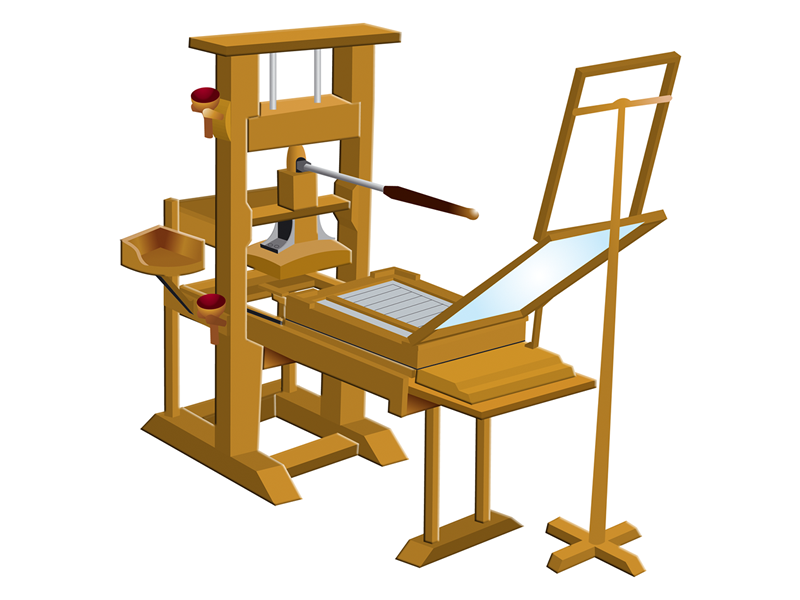See inside the Gutenberg printing press

[fototag id=”gothenburgprintingpress”]
Widely considered by academics to be one of the most influential inventions of the past 1,000 years, the printing press set in motion both the democratisation of knowledge and the establishment of our modern, knowledge-based economies.
For the first time, valued texts could be produced in their thousands and – thanks to the co-evolution of nationwide and international trade routes – allowed texts to be accessed widely by the majority, not just the wealthy aristocracy and intellectual elite.
The man credited with the invention of the printing press is inventor Johannes Gutenberg, who lived and invented the press in Mainz, Germany. Here, around the year 1440 – an exact date is not known – Gutenberg designed a device based on screw presses that, when partnered with inked movable type heads, allowed paper to be quickly and efficiently pressed with letters.
The type heads were made by pouring a lead-tin alloy into a hand mould, and were then affixed to the top of movable, rectangular stalks. The stalks could then be arranged in order to create words and sentences within a rectangular container, before being fed under a screw press. The screw press then clamped a paper sheet on top of the type heads, pressing their ink onto the sheet.
While sounding crude by modern standards, in the 15th Century this was a groundbreaking invention. Before the Gutenberg press, texts were largely hand copied by monks and select few learned individuals. As such, the availability and cost of these texts was immense and they could only be accessed by a minuscule percentage of people.
Consequently, by the mid 16th Century and on to the Renaissance, printing presses had exploded all over Western Europe, producing millions of mass-produced texts on a diverse array of topics from politics to botany. Indeed, famous English philosopher Francis Bacon said that the emergence of typographical printing had “changed the whole face and state of things throughout the world.”





